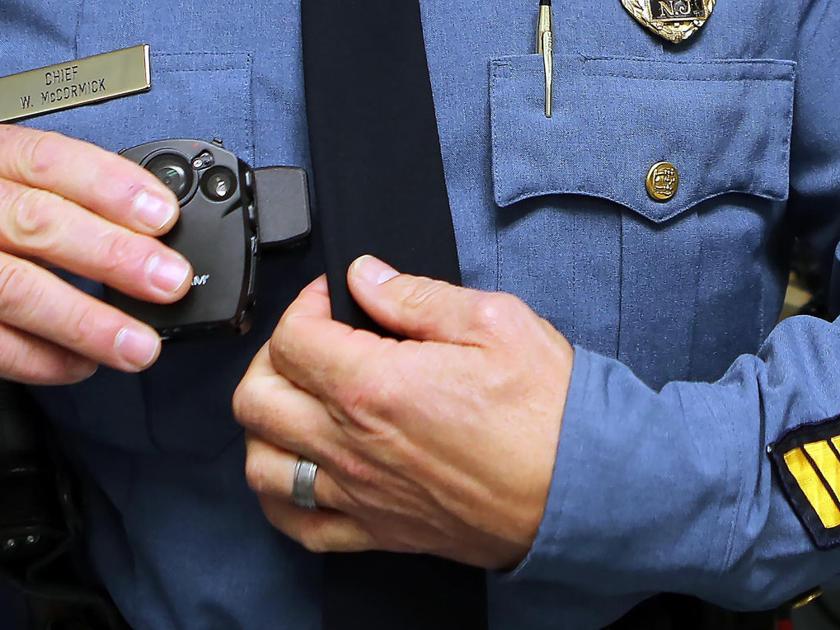Good policies ensure benefits of police cameras are realized

Equipping police officers with body cameras has become standard practice in New Jersey. Northfield officers will be the latest to join the trend when the nine cameras purchased by the city are put to use this year.
Body cameras became popular the past few years after some highly publicized police shooting incidents and the development of cost-effective technology for police departments to record and archive video with sound.
From the start, there was a presumption that awareness of the recording could only encourage officers and citizens to behave better. Police would be less likely to improperly use the force they legitimately wield, and suspects would be less likely to falsely accuse police.
A 2016 case showed the consequences of the latter, when a suspect who claimed he was assaulted during an Atlantic City arrest wound up being charged by the prosecutor with providing false information after video showed otherwise.
Early studies supported this benefit of police cameras. A 2012 study of 54 officers in Rialto, California, found shifts that used cameras had half as many use-of-force incidents, and complaints against police officers dropped 90 percent from the prior year.
But last fall, a study of 2,000 Washington, D.C., officers found those equipped with cameras used force and were subject to civilian complaints about as often as officers who didn’t have cameras. That seemed to undermine a main rationale for police cameras and energized their critics.
Just knowing they were being studied may have changed the behavior of the Washington police. Less than 20 years ago the department was reformed under U.S. Department of Justice oversight after leading the nation in the percentage of residents shot and killed by police.
More studies are in the works and will help clarify the effects of police body cameras. A New York City Police Department study about the same size as that in D.C. is expected to report its results this spring.
Such a benefit in force incidents and complaints against police still seems likely. And beyond that, there remain many other benefits of video recording by police.
Northfield Chief Paul Newman said recording of encounters will help keep the relationship between the police and the community transparent. Complaints to the department are uncommon — five by citizens and two by agencies in 2017’s semiannual Internal Affairs Complaints Report — but video will help those investigations, possibly exonerating an officer or sustaining a complaint.
Recording of crime scenes will also combine with evidence and witness statements to ensure better accuracy. And they’ll be used as a training tool, as they have been with the department’s dashboard mounted cameras.
New Jersey helps ensure the value of police cameras is realized with rules that spell out when their activation is required (such as traffic stops and witness interviews), when disclosure of recording is required (such as in a person’s home or when interacting with a crime victim), and details for the secure storage of video records.
Northfield will get a lot of benefit for the $15,500 it spent on the body camera system (the state contributed another $4,500).
We feel confident that the transparency and accountability provided by police cameras make them worth the relatively modest cost.
http://www.pressofatlanticcity.com/news/breaking/good-policies-ensure-benefits-of-police-cameras-are-realized/article_92ce6030-b33e-5080-b5ed-c43d94b91306.html
Tidak ada komentar